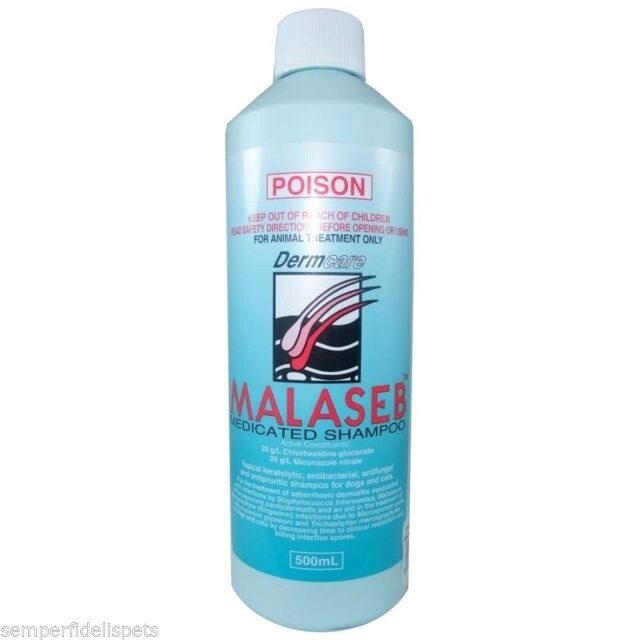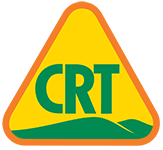February Special: Buy any insecticide and earn 5x loyalty points (Redeemable In-store Only)
MALASEB MEDICATED SHAMPOO 500ML
$54.95
Price incl. GST (10%) $5.00
Buy and save
Buy and earn $1.09 Loyalty for your next purchase
Loyalty is a discount program that lets you buy products and earn points to redeem on your next purchase. Your Loyalty balance is updated when you pay online or in-store. The Loyalty amount shown on this page can be recalculated at the checkout.
1 available
1
Save this product for later
MALASEB MEDICATED SHAMPOO 500ML
Product Details
Malaseb is registered to treat Seborrhoeic Dermatitis and Dermatophytosis. Seborrhoeic Dermatitis is the scientific name for a skin infection involving bacteria (Staphylococcus) and yeast (Malassezia). Dermatophytosis is the scientific name for ringworm, a condition which is not due to worms (like the name suggests) but is in fact a fungal infection.
It is normal in dogs to have low numbers of resident bacteria and yeasts on the skins surface. When there is a disruption to the skin’s natural ecosystem these bacteria and yeasts can overgrow causing disease.
Reasons for disruption to the natural balance
- Allergy, including to pollens, grasses, foods (meats) and fleas.
- Parasites, such as fleas, mites and lice.
- Hormonal problems
- Conformational problems such as deep skin folds, making sweaty crevices.
How does Malaseb help?
- Kills the micro-organisms, helping to keep the numbers of yeasts and bacteria at manageable levels.
- Removes excess scale and oils, commonly produced when the skin is infected
- Removes allergens such as pollens which can be caught in fur or on skin causing irritation
DERMATOPHYTOSIS or ‘Ringworm’
Ringworm is the most common fungal condition in cats, however it is also a well recognised problem in dogs and horses.
Malaseb will help to sterilise the coat of ringworm spores, helping to speed recovery and prevent spread of the disease.
Ringworm in cats is a systemic disease which means that although you may only see a few spots the cat is actually covered in ringworm infection and thus all over treatment is needed.
Malaseb can be used alone or in combination with systemic medication (usually anti-fungal tablets) to treat ringworm. Combination therapy results in a faster cure than either alone.
Malaseb should be used twice weekly during ringworm treatment.
It is important if you have young children or immune-compromised adults in the same household as an infected cat that you discuss this with your veterinarian or doctor. Ringworm can have serious consequences for those without a good immune system.
How often should I apply Malaseb?
In the case of seborrhoeic dermatitis, Malaseb should be used twice weekly when the infection is active. You may be able to reduce the frequency of bathing to once per week or fortnight once the infection is under control. In most circumstances long term therapy is needed as ‘curing’ the cause of the imbalance is not always possible.
In the case of ringworm, twice weekly bathing is recommended to clean the coat of spores and infection. Therapy is typically needed for 8 to 12 weeks.
HOT TIPS
- Leave the shampoo on for the full 10 minutes wherever possible.
- Always make sure the coat is thoroughly wet before applying Malaseb, this will make lathering and spreading easier.
- Using a sponge can help to spread the shampoo well. The sponge also holds water which again helps to ensure the coat is adequately wet during application.
- A damp cloth, with a little diluted foam can be used to clean the face of both cats and dogs.
- Whilst bathing cats is never easy, many will tolerate water better if it is not running. Using a 3 bucket technique, where all buckets are filled with warm water can help. The cat is dunked (not including head) into the first bucket and shampoo applied, then wrapped in a towel for the 10 minutes to stay warm and prevent licking foam. Once the 10 minutes is up the cat is sequentially dunked into the first, then second then remaining buckets to rinse the coat.
Display prices in:AUD

